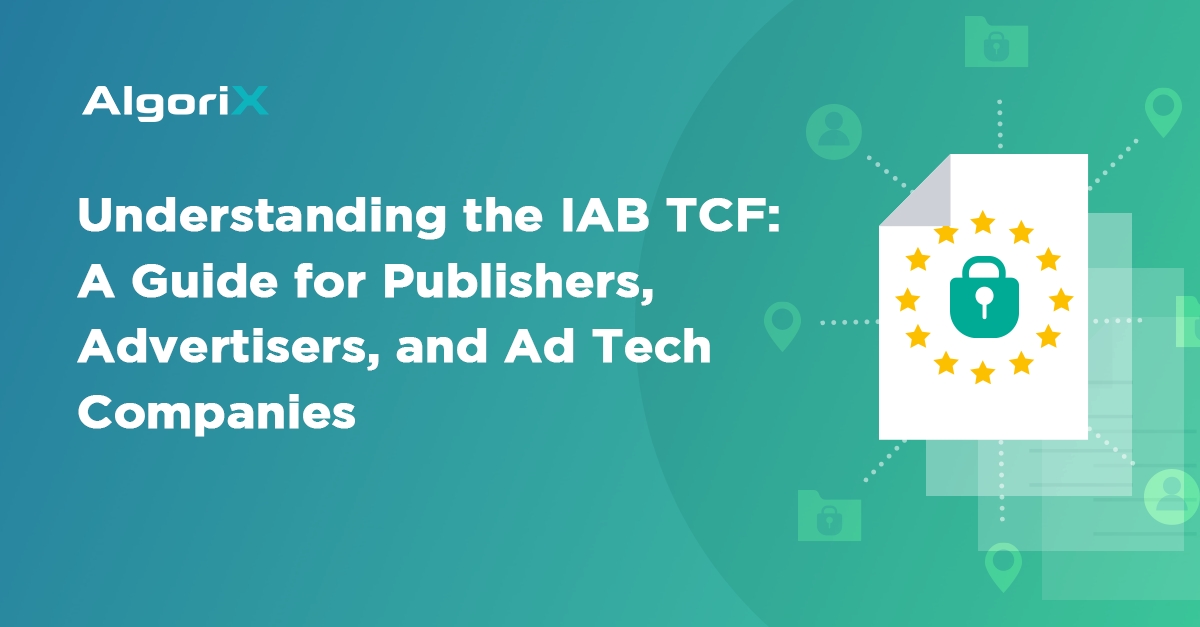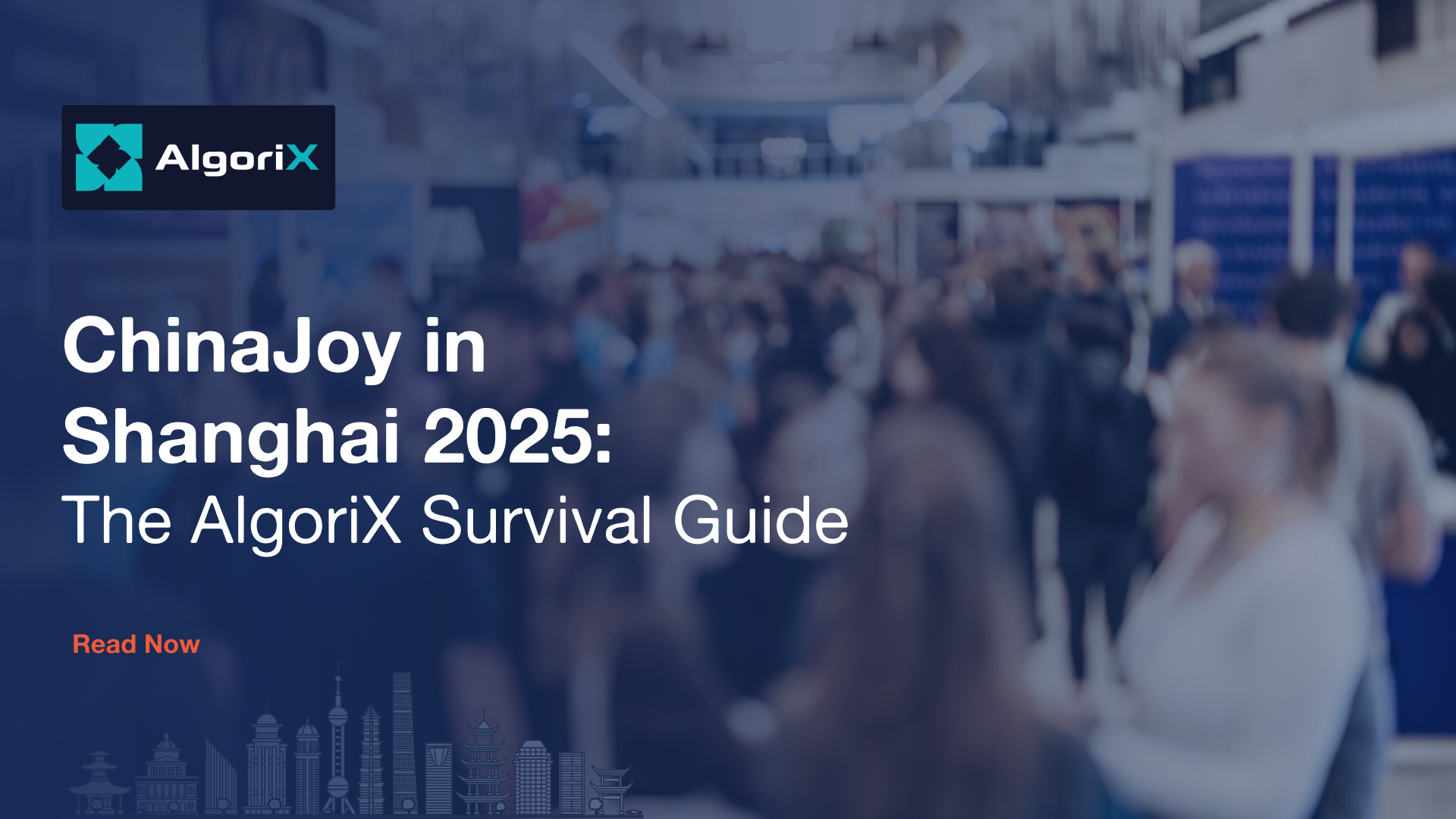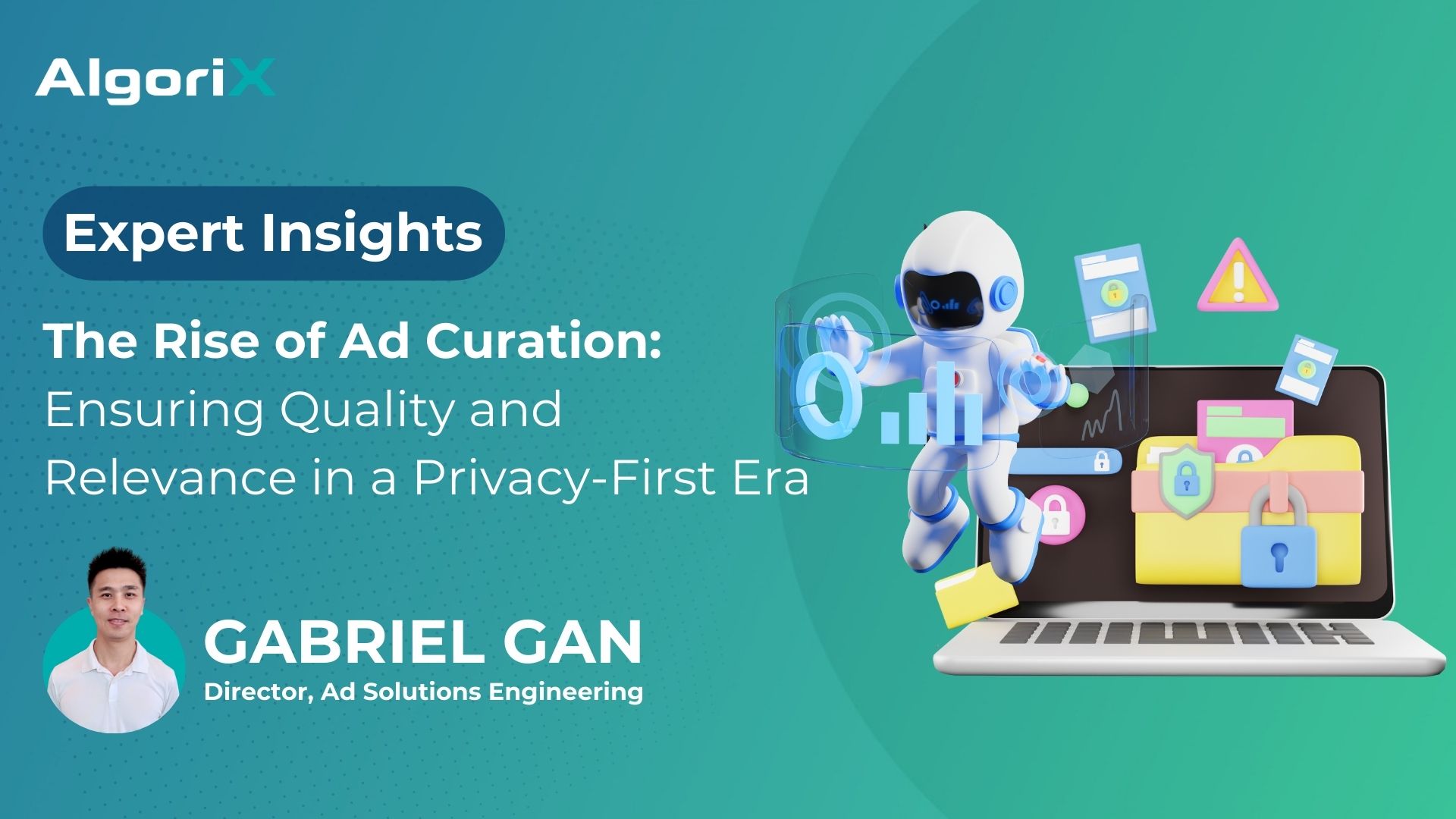As more users realize what’s at stake if their information leaks, there’s a greater push for data privacy and security. For this reason, government regulators have implemented more explicit guidelines and restrictions for data collection, use, and storage.
Since its implementation in 2018, many aspects of the GDPR have changed. While it has been implemented throughout the European Union (EU), the European Commission has raised concerns regarding the emerging trends of divergence and fragmentation. It emphasizes that for GDPR to function optimally within the EU’s single market, member states must maintain alignment. Once the laws deviate, confusion and complication can arise. This is where the Interactive Advertising Bureau’s (IAB) Transparency and Consent Framework (TCF) comes into play.
What’s the IAB TCF?
Aiming to address all issues regarding data privacy implementation, the IAB developed the Transparency and Consent Framework. It is a set of technical specifications and policies allowing companies to obtain consent from individuals to use their personal data for advertising purposes.
The TCF provides a clear and concise way to obtain an individual’s consent to help organizations ensure they are lawfully processing personal data.
Take, for example, the GDPR and ePrivacy Directives. These policies are two of the most significant regulatory developments in recent years, which emphasize data privacy principles. Given these regulatory requirements, implementing the TCF is crucial for companies that operate in the ad tech space.
Recently, version 2.2 of the TCF introduced some changes and improvements to the framework. It aims to give users more clarity and control regarding using their personal data for advertising. It also addresses some of the challenges faced by previous versions of the TCF.
Participants in the TCF have been given a deadline until the end of the third quarter of 2023 to implement the required changes in their systems. The updates and modifications have been designed to ensure compatibility with the existing v2.1 Technical Specifications, minimizing any disruptions or significant alterations. This approach aims to support the smooth adoption of the new framework by consent management platforms (CMPs) and vendors within the given timeframe.
How does the TCF work?
When users visit a website or use an app that operates within the Transparency and Consent Framework, they are directed to a CMP. The CMP highlights the information about the data that will be collected. It also identifies the purposes for which it will be used and the third-party companies that will access it. The user then provides explicit consent for the use of their data.
Once the user has provided consent, the CMP sends a signal to relevant ad tech companies involved in serving ads to that user. The notification indicates the user’s consent preferences, which then informs these companies which data to collect and use.
Benefits of the TCF
The TCF offers several benefits to publishers, advertisers, and ad tech companies:
Promotes Compliance and Transparency
As mentioned, the TCF allows companies to comply with the GDPR and ePrivacy Directive by obtaining explicit user consent to use their data. Through it, users know the purpose and use of their provided information.
This helps companies avoid potential fines and legal action for non-compliance.
Improves Efficiency
The TCF enables companies to obtain user consent in a standardized and efficient manner. This reduces the burden on companies to create their own Consent Management Systems (CMSs) and ensures users have a consistent experience across different websites and apps.
Increases Flexibility
The TCF allows companies to tailor their consent management processes to their specific needs. This enables companies to provide users with relevant and meaningful consent options while ensuring compliance with data privacy laws.
How AlgoriX Elevates User Privacy
AlgoriX continues to ensure that users have control over their data. Our experts work tirelessly to update our technology and services to remain compliant with IAB TCF’s directives. We also constantly operate within the frameworks set by the industry to ensure compliance in various regions.
In fact, AlgoriX has joined IAB Europe’s TCF as part of our commitment to user privacy. Joining the TCF will allow us to expand our presence in the European market further and commit to global privacy and market transparency. As an active member of the IAB Tech Lab Global Privacy Working Group, we encourage ad tech organizations to evaluate the recent changes under the TCF v2.2 and prioritize them in their roadmap.
Learn more about AlgoriX and its commitment to user privacy protection. Connect with our experts today.













